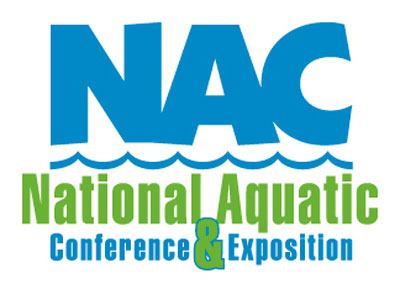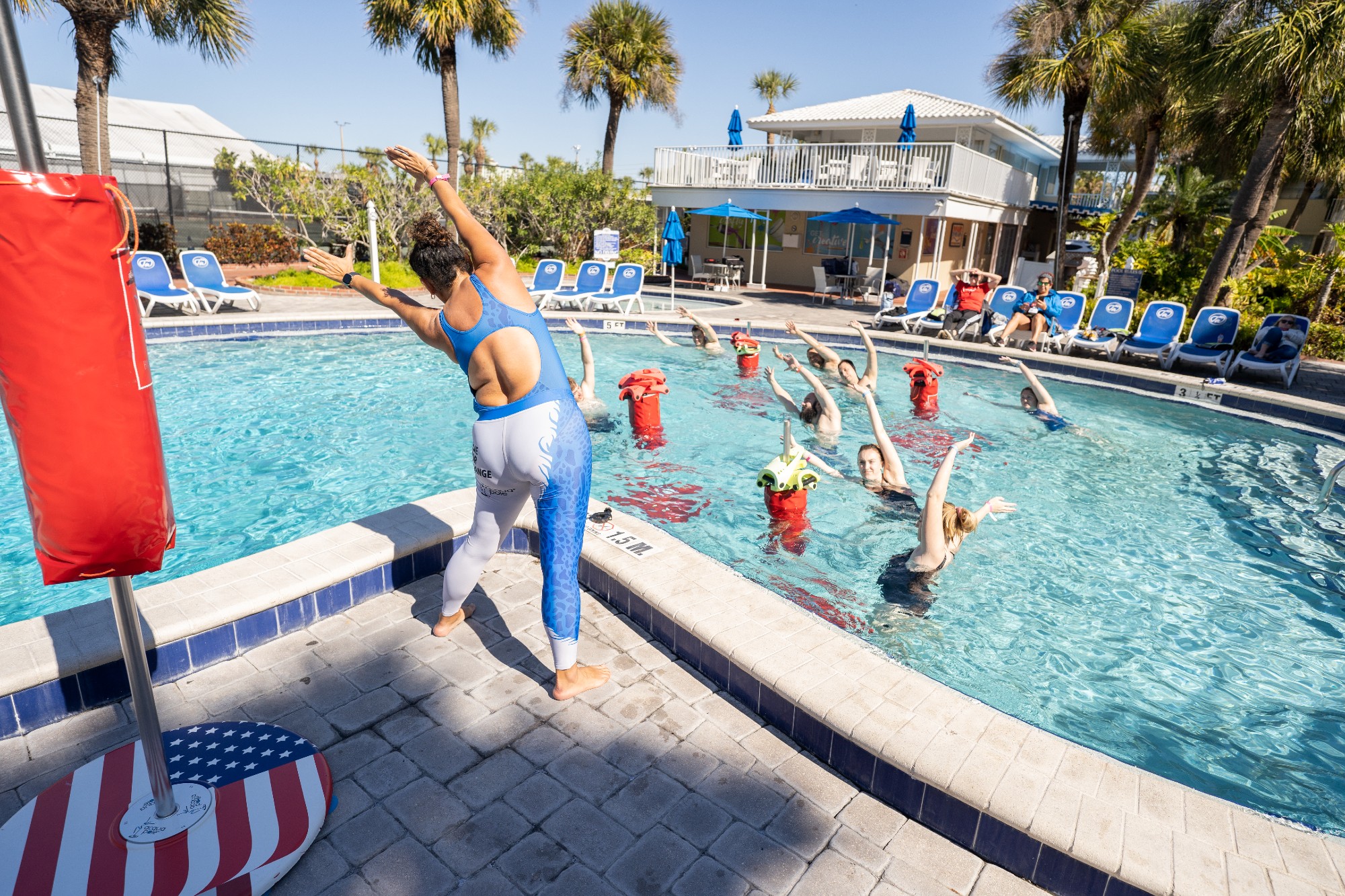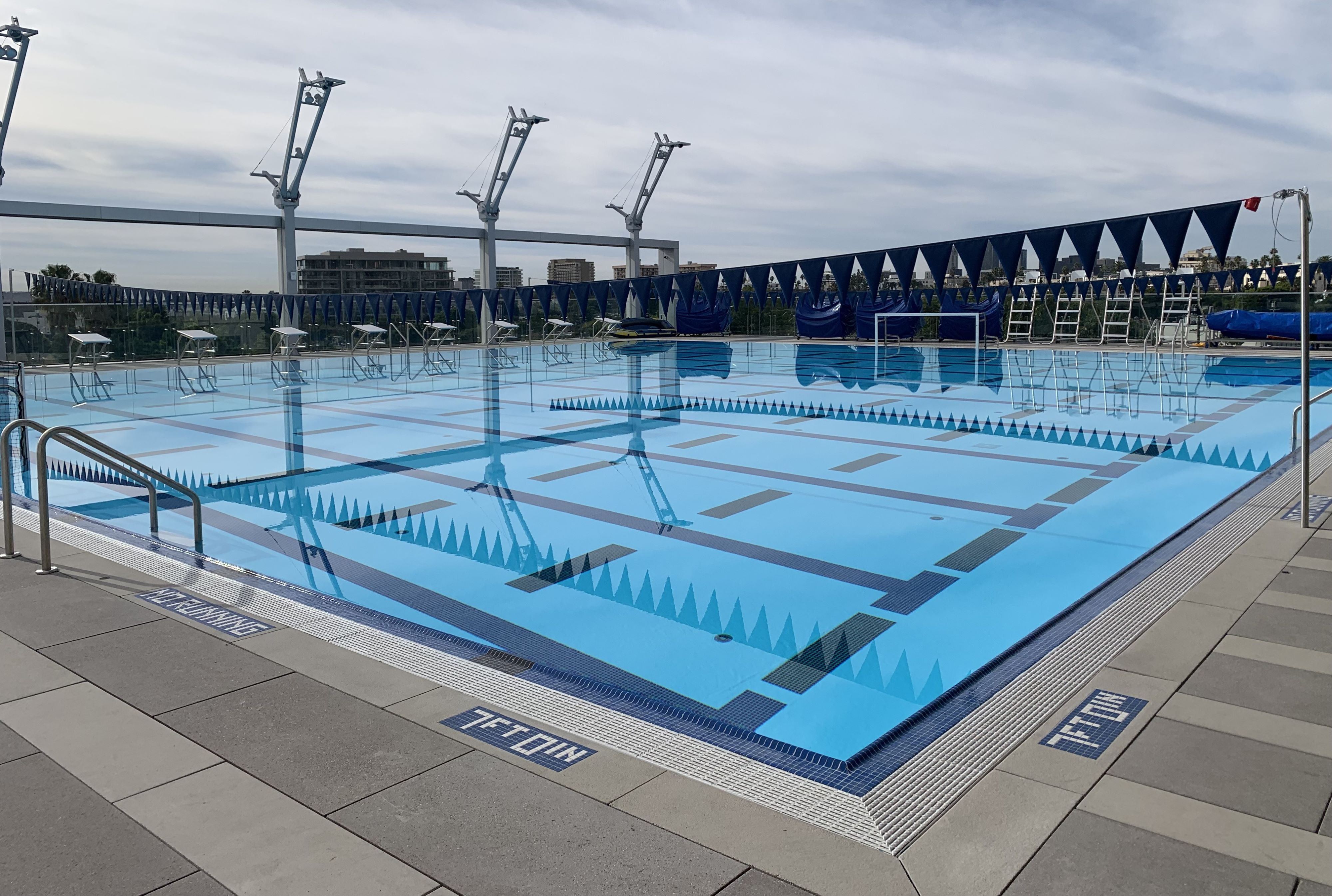Following the close of the 2011 National Recreation and Park Association’s National Aquatic Conference in San Diego February 19, NRPA has announced that it will no longer hold an annual, stand-alone NAC show. Instead, it will become part of the annual NRPA National Congress, held each fall.
“This decision was made by the NRPA board of directors with careful consideration and appreciation of past NACs and the volunteers who made them happen. However, the many economic challenges faced by America’s agencies resulted in the need to re-evaluate and strategize on how we could best be of service to the field,” Dianne Hoover, NRPA president said, in a statement announcing the change.
Hoover added that the NRPA will continue to maintain offerings for aquatics professionals in several ways, including the National Aquatic Management School, now offered completely online or in a blended format, part online and part in-classroom; the Aquatic Facility Operator Certification program; distance learning opportunities scheduled throughout the year; and a national professional network, accessible online.
Tara Fitzpatrick-Navarro, NRPA chief of knowledge and learning said NRPA is still committed to aquatic professionals. “We will continue to serve the aquatics community as well as all sectors of park and recreation with the highest standards of education, professional development, networking opportunities, partnerships, and advocacy, which will unite and continue to strengthen our national community,” Fitzpatrick-Navarro said.
The move to do away with the separate aquatics conference comes following NRPA leadership’s decision last fall to do away with the old branch/section structure of the organization, which gave professionals the opportunity to organize in specialty areas, such as aquatics. The new structure, the result of a comprehensive program review that began in the fall of 2010, is a network-based model, where members have the opportunity to interact in more loosely formed networks, based online.
But many pool operators say all the consolidation will not benefit aquatics.
“Maybe it will work, but when you talk to the professionals in the field they say it won’t,” said Clay Shuck, NRPA National Aquatics Branch past president, based in Colorado. “Many aquatics people don’t get to go to congress [because others in their organization go]. When you have the National Aquatic Congress it’s dedicated to that group.”
Jill White, co-founder of Starfish Aquatics Institute in Champaign, Ill., said the move may help the industry grow. “I think it’s an opportunity to move forward and look at other options,” White said. “One option may be to continue on with being a track in the main conference, but I still think aquatics professionals need their own venue to develop learning opportunities specific to the aquatic profession.”
Lynn Johnson-Blake agrees, especially in light of the recent issues gaining national attention. “There’s too much happening in aquatics, MAHC, RWI’s, new facilities, new equipment, drowning prevention …We need to be able to get the most current information, network, share ideas, talk to vendors — things you do best when you are face to face,” said the retired AFO certified operator based in Derby, Kan., and a member of NRPA since 2001. “People are going to continue to swim in pools, beaches, and water fronts and aquatics professionals are going to need to continue to train, staff and keep swimmers safe and healthy whether NRPA wants to support our efforts or not …”



